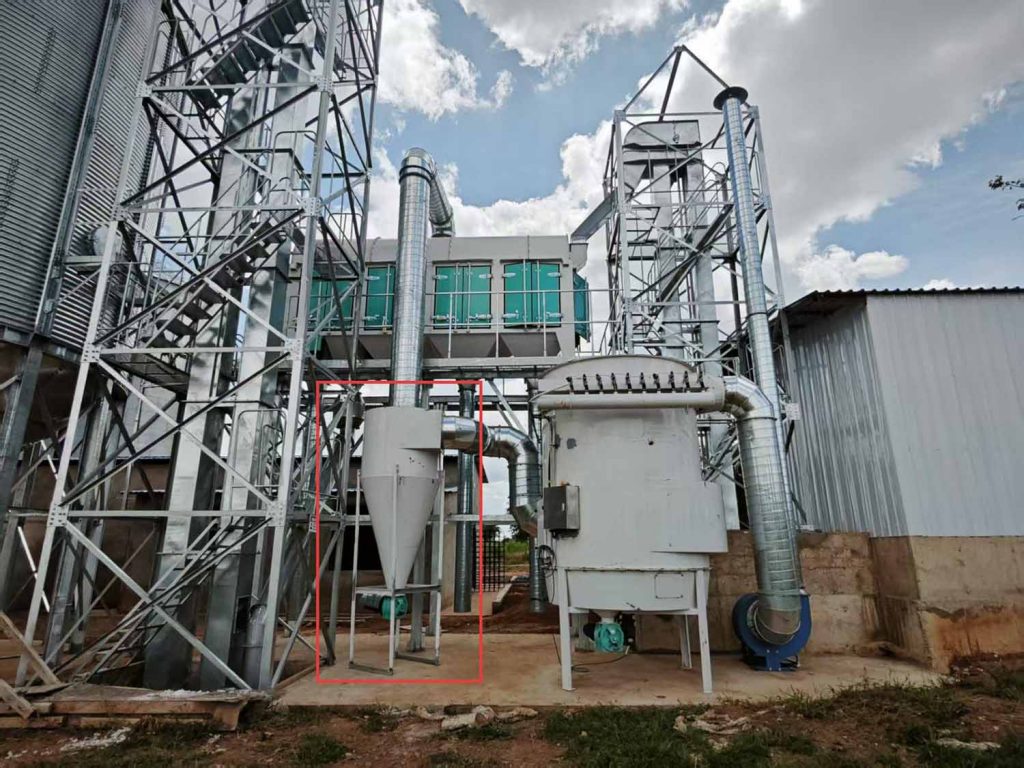Proper maintenance ensures long-term stable operation of cyclone dust collectors. It also helps achieve optimal dust removal results. Good maintenance extends equipment service life significantly. It also reduces operating costs noticeably.

Importance of Maintenance
Ensures Dust Removal Efficiency
Efficient operation relies on internal structure integrity. It also requires smooth airflow paths. Regular maintenance prevents internal dust accumulation. It also avoids structural damage. This maintains high dust removal performance.
Extends Equipment Life
Regular checks and maintenance identify potential issues early. They prevent small problems from becoming major failures. This reduces equipment downtime effectively. It also extends service life and lowers replacement costs.
Maintenance Steps
Regular Inspection
Conduct external checks weekly and internal checks monthly. Inspect equipment sealing and part wear conditions. Also check dust accumulation levels. Pay special attention to vulnerable parts. These include the air inlet, cone section, and dust discharge device.
Dust Deposit Cleaning
Regular cleaning prevents dust buildup. This reduces equipment resistance and improves airflow. Use proper tools during cleaning. Avoid damaging internal structures. Use compressed air or water washing for stubborn deposits.
Part Replacement
Common wearable parts include the air inlet and cylinder. The cone and discharge device also wear down. Replace severely worn parts promptly. This prevents performance degradation. Always use high-quality parts matching original specifications. This maintains equipment performance.
Maintenance Precautions
Safe Operation
Ensure complete equipment shutdown before internal inspection or cleaning. Also disconnect the power supply. Wear appropriate protective gear during work. This includes safety helmets, gloves, and goggles. These prevent accidental injuries.
Maintenance Log Recording
Record each maintenance activity and findings in detail. This helps track equipment condition and identify issues early. Logs should contain inspection dates and specific contents. They should also note discovered problems and actions taken. Analyzing logs optimizes maintenance plans and improves operational efficiency.